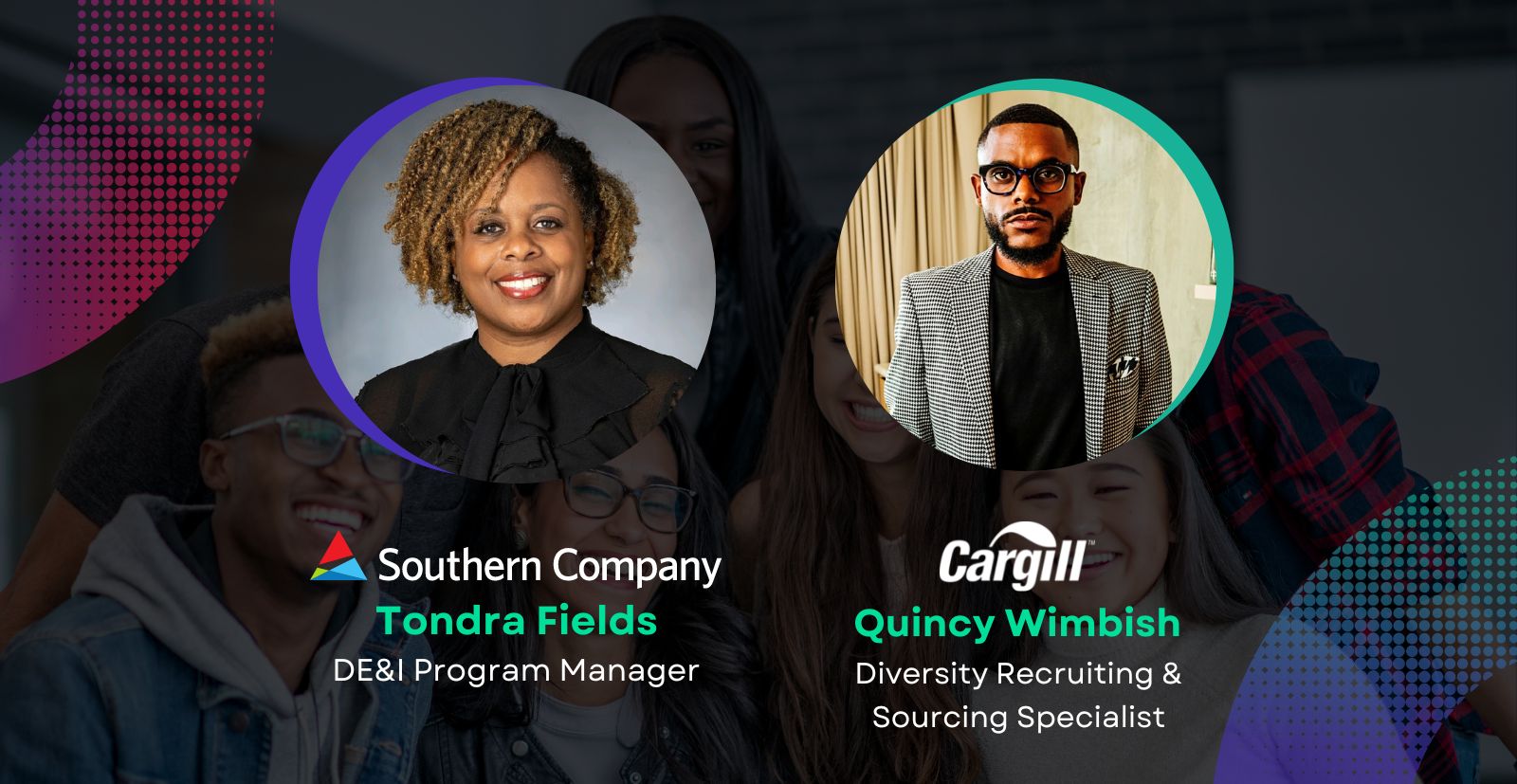According to a joint Deloitte and Manufacturing Institute report, there could be a 2.1 million jobs deficit in manufacturing by 2030, impacting food and beverage production. Labor scarcity and perception issues are at the center of these hiring challenges. In a report by Bristol Associates, 73% of F&B recruiting managers reported that their business is having trouble recruiting, and 60% of employers think that finding qualified candidates to fill vacant positions is their main hiring hurdle. Let’s take a deep dive into the challenges and potential solutions to hiring difficulties in the food and beverage industry.
Challenges in the F&B Labor Market
Labor shortage and hiring bottlenecks in food and beverage manufacturing and processing can be attributed to the following factors:
Aging workforce
Manufacturing has been heavily dominated by the baby boomer generation. With this generation retiring and leaving the workforce, F&B manufacturing has been adversely affected. This has resulted in a widening skills gap, with many manufacturers experiencing difficulty in finding replacements for retiring workers who have the skill set and knowledge required to run sophisticated production processes. The Deloitte/MI survey confirms this dire situation stating that the United States is lacking 500,000 skilled manufacturing workers largely due to slow uptake of these jobs by new entrants keen to replace retirees.
Perception issues
F&B manufacturing has also had to deal with perception issues among the younger generations. In the aforementioned survey by Deloitte and the Manufacturing Institute, a majority of workers reported preferring occupations in other industries, such as retail, services, and technology. Due to their upbringing during the height of the technological revolution, millennials and Gen Zers tend to gravitate toward tech jobs.
In another study conducted by the National Society of High School Scholars, 10,000 high school and college seniors were asked to rank companies where they would prefer to work. Tech companies and government agencies were most preferred, with Hershey's and Coca-Cola the only food and beverage companies to make it into the top 50. Simply put, many younger folks do not visualize a career in the Food and Beverage sector.
Employee turnover
When discussing Hormel Food’s third quarter results last year, CEO Jim Snee stated: “What we are seeing is that [workers are] not staying, that there is higher than normal turnover.” F&B is experiencing high employee turnover, driven by The Great Resignation and the shift to remote work during COVID where people could more easily find other jobs without having to relocate. Unfortunately, employee turnovers do not come without consequences, costing companies up to 1.5-2x that employee’s salary.
Why Investing in Early Talent Can Combat These Challenges
Investing in early talent programs, like internships and apprenticeships, can help F&B companies address the challenges laid out above.
Build brand awareness
Internship programs can be an effective way to generate brand awareness and shift industry perception among early talent. A great internship experience can turn former and current interns into brand ambassadors and spread awareness of your company’s job opportunities through word of mouth.
People typically think of F&B jobs as repetitive factory roles, but many of those have become automated as robotics and other digital technologies have taken a prominent place in the production line. The food processing industry also pays competitive salaries, with the average salary at $108,000. Internship programs are a chance to show the next generations of the workforce that there have been many technological advances in F&B, the industry can pay well, and that other roles on the business side are available as well.
Generate a continuous and qualified talent pipeline
Internship programs enable F&B companies to build healthy talent pipelines by generating a pool of vetted talent to hire from. They serve as a trial period where interns can get mentorship and hands-on industry experience, and companies can ensure culture fit and assess competencies. Even interns who don’t convert at first should still be considered part of the talent pool; you can reach out to them for future positions or they might come back when they look for a new job.
Increase employee retention rates
The National Association of College and Employers (NACE) found that employees who interned with their employers have higher retention rates than employees with no internship experience or who interned elsewhere. The higher retention rates were seen over both a one- and five-year period. With the F&B industry experiencing high staff turnovers and difficulty attracting new employees, running internship programs makes perfect sense.
Best Practices for Successful Internship and Early Talent Programs
Build partnerships with universities and colleges
Develop strategic partnerships with universities and colleges to get in front of students as they are making pivotal career decisions. Here are a few ideas of how to partner:
- Get involved in career fairs and host virtual info sessions. Take the time to answer questions about the industry. Share the exciting tech innovations that are happening and how a career in food and beverage can be rewarding.
- Organize facility tours where students can observe in-person the use of technology in production, packaging, and quality control.
- Sponsor curricula that help students develop a strong foundation for various F&B roles. This can also serve as a recruiting mechanism for your internship program.
Leverage early talent programs as a diversity pipeline
In 2021, Deloitte and FMI conducted diversity surveys of more than 150 food and beverage companies. The study uncovered that executive boards of food and beverage companies only had 35% of women and historically underrepresented groups on them, compared to 47% on the boards of non-food consumer product companies. Diversity at the entry-level directly affects diversity at the top, so internships are a great way to build diverse talent pipelines.
The first key step is to identify measurable goals for how your program will contribute to your overall DEI strategy. Your goals will guide your tactics, which may include but are not limited to:
- Building meaningful relationships with Historically Black Colleges and Universities (HBCUs), Tribal Colleges and Universities (TCUs), and community colleges
- Partnering with organizations dedicated to supporting underserved communities like INROADS, YUPRO, Rewriting the Code, and ColorStack
- Attending diversity recruiting events like Grace Hopper, AfroTech, and Women in Tech
- Connecting your interns with your company’s employee resource groups (ERGs)
Evaluate your company culture and make necessary changes
Gen Zer, and even Millennial, work preferences are quite different from those of previous generations. For instance, where older generations generally thought of work in terms of paychecks, newer generations place great emphasis on purpose. Is work meaningful? With these changes in values, your company culture needs to evolve in order to attract the younger generations of the workforce, and this evolution needs buy-in from the top down.
Develop an effective engagement strategy
44% of candidates who applied for summer internships in 2022 received 1-2 additional offers to the one they accepted while 20.5% received more than 3 offers. Lack of an effective keep warm strategy can lead to loss of talent to competitors, especially since low engagement is generally a strong indicator of an intern that won’t convert or an impending renege after an offer is accepted. Make sure your engagement strategy starts at sourcing and recruitment, continues through onboarding and during the program, and extends even after internships are over.
There are different strategies you can employ to keep your interns warm. For instance, you can organize fun events, send swag, and provide cross-functional and executive networking opportunities. You can also send company newsletters with important announcements to alumni interns to remain at the top of their minds.
Invest in an all-in-one internship management platform
Planning and executing an internship program comes with a ton of moving parts. Keeping track of your program and KPIs on multiple tools and spreadsheets can be hectic and time-consuming. Things can easily fall through the cracks. Cut to the chase, and invest in an all-in-one platform to consolidate program management and data analytics, save time on administrative tasks, and develop repeatable processes, so you can focus on what matters most—your early talent.
For more useful tips and best practices on building a high performing early talent program, leverage our resource center and blog.
Conclusion
The food and beverage industry is facing a number of challenges when it comes to recruiting and retaining talent, exacerbated by labor and skill shortages, perception issues, and high turnover. Investing with intention in early talent programs is key to overcoming these challenges.





